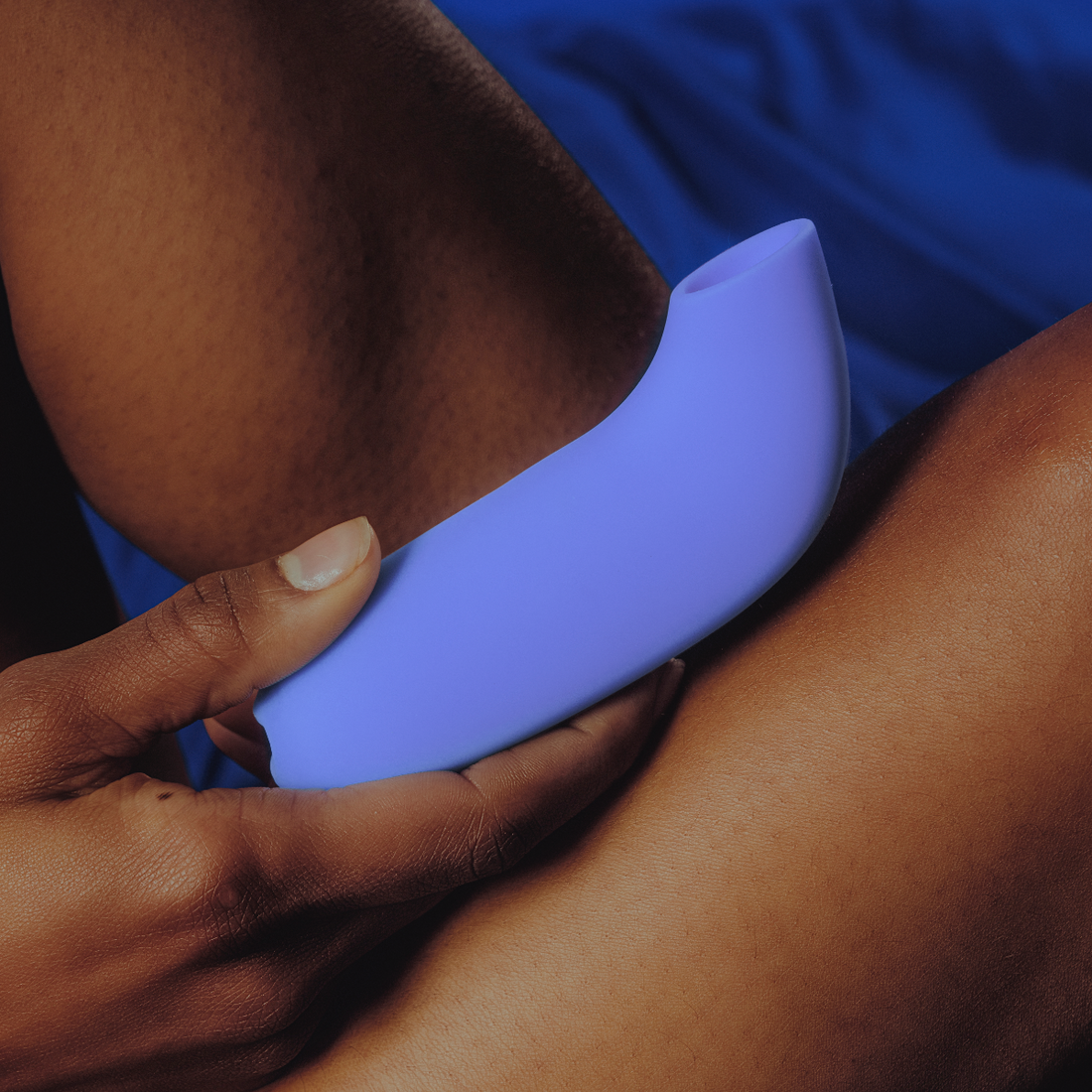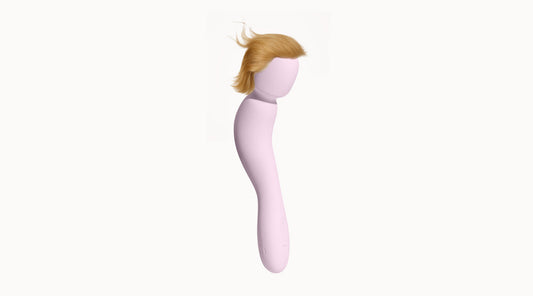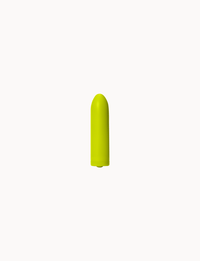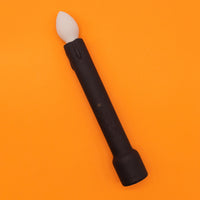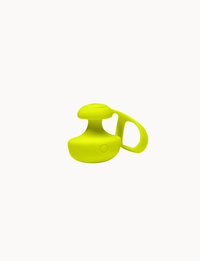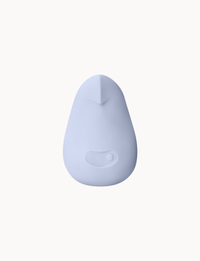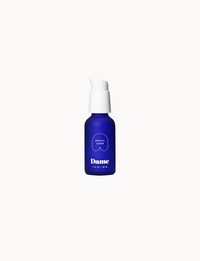In a world filled with advertisements meant to market products to “clean” and “freshen” your vagina, it’s important to be in the know. From vaginal steaming to feminine hygiene products to “vaginal rejuvenation” surgeries that promise to give your crotch a facelift, there is no end to companies trying to sell you on the idea that there is something inherently wrong with how your vulva smells or looks. While many products are centered around ways to improve your vagina (which is harmful and backward-thinking), one of the biggest concerns we should have is the type of lube we’re using. Why? Because lube goes inside the vagina. And what we put inside the vagina should be carefully selected for quality and ingredients. In honor of Lube Week, we decided to take a closer look at some of the vagina-centric products on the market. “Be cautious of getting caught up in some fancy marketing ploy,” says Moushumi Ghose, a sex therapist in Los Angeles. “It’s really important to remember that our bodies and vaginas are naturally self-cleaning to maintain the pH balance, so it is not necessary to use many products inside our vaginas.”
Research suggests that women who use a lot of over-the-counter products tend to have higher rates of infection and bacteria.
Your vagina is never going to smell like a bundle of roses—it’s a vagina, not a bouquet. That said, a vulva, like any part of the external human body, does sweat. We clean the rest of our bodies with soap, body wash, and shampoo, so why not use the soap on the vulva if it’s sweaty and pungent, right? Wrong. “There’s definitely research that suggests that women who use a lot of over-the-counter products tend to have higher rates of infection and bacteria,” Ghose says. The key, she adds, is to avoid harsh chemicals and fragrances. The good news is that there are products you can use to keep your vagina feeling lovely, moisturized, and healthy. Here are some rules for vulva hygiene, according to a sex therapist and a gynecologist.
Besides lube, nothing goes inside the vagina
The first thing to note is that you should never, ever use soaps, wipes, or other “cleaning” agents inside the vagina. You can use products on the outside, the mons pubis and the outer labia area. The vagina cleans itself and sticking anything up there can cause an infection. For the inner parts of the vulva, you can gently rinse with warm water. Don’t douche or shoot anything up the vagina. Again, you’ll be rinsing out bacteria and yeast that balance your vagina’s pH, leading to bacterial vaginosis or a yeast infection. Ironically, this can make your vagina smell absolutely rancid.
When it comes to lube, you have to be vigilant. No using flavored, warming, or chemical-ridden products.
“Getting a reverse osmosis water filter for the showerhead is great. The vulvar skin should be washed with purified water only,” says Dr. Felice Gersh, an ob/gyn provider; a founder and director of the Integrative Medical Group of Irvine, in Irvine, CA; and author of PCOS SOS: A Gynecologist's Lifeline To Naturally Restore Your Rhythms, Hormones, and Happiness. “The chemicals in
Look at labels
Check a product’s ingredients before using it. “For example, if you’re going to use pre-moistened wipes, read the label,” Ghose says. “Make sure they’re organic,” which means no chemical preservatives or scents. “Even mild essential oils can disrupt our body’s natural pH.”
The best lubes
When it comes to lube, you have to be vigilant. No using flavored, warming, or chemical-ridden products. Always choose a lube that is free of parabens, glycerin, and petrochemicals. The more simple the ingredients are, the better. Ghose likes Sliquid: “Great for sex, use with condoms, and will make our vagina sing! Aaaah! The Sliquid cube is a variety pack for starters to figure out which one they like best.” We’re also big fans of Good Clean Love, made with organic ingredients, as well as Sustain Natural and Dame's Aloe Lube, which are aloe-based. If oil-based and plant-based is more your jam, we are downright obsessed with Cocolube and these packets of coconut oil from Trader Joe’s. Just keep in mind that oil-based lubes are not condom-safe and if you’re yeast infection-prone, they can occasionally disrupt pH (though this is rare). Gersh also recommends shea butter and aloe vera gel. Make sure everything is 100% pure.
Wipes you can use
The right kind of wipes are great for a quick cleanup after sex or if you’re on the go and feeling a bit...stale down there. (You know when you’ve been wearing tights all day?) “Love Wellness makes some organic wipes that use coconut oil,” Ghose says. We also love Sustain Naturals’ Post-Play organic cotton wipes for cleanups.
Soaps that are approved
When it comes to soaps, you want to keep it mild, mild, mild. Ghose recommends using the Kiss My Face’s olive oil bar soap. Rub it between your hands to lather and gently cleanse the outside of the vulva. Remember, no soap or cleaning products go inside, ever. Gersh suggests using a homeopathic alternative: “For a skin cleaner, I suggest spraying with the lavender hydrosol and rinsing.” Who doesn’t love lavender, right? We also love a classic (and very mild) Dove Beauty Bar.


